Get tips to help you shop for insurance and get the best coverage.
Going the extra mile to help consumers and connecting them to local independent agents!
Search Insurance Posts
Insurance Blog Categories
-
Medicare
Medicare Advantage
Medicare Supplement (Medigap)
Medicare Part D
Auto & Vehicle Insurance
Car Insurance
Motorcycle Insurance
Boat Insurance
RV / Motorhome Insurance
ATV Insurance
Snowmobile Insurance
Personal Watercraft Insurance
Collectible Auto Insurance
Umbrella Insurance
Home & Property Insurance
Homeowners Insurance
Condo Insurance
Farm Insurance
Landlord Insurance
Renters Insurance
Mobile Home Insurance
Contents Insurance
Vacant Land Insurance
Flood Insurance
Life & Annuities
Health Insurance
Life Insurance
Long Term Care Insurance
Disability Insurance
Short-term Insurance
Annuities
Dental Insurance
Final Expense
Business Insurance
Business Umbrella Insurance
Commercial Auto Insurance
Commercial Property Insurance
Inland Marine Insurance
Special Event Insurance
Surety Business Bonds
Cyber Liability Insurance
Employers Liability Insurance
Employment Practices Liability Insurance
Environmental Liability Insurance
Errors and Omissions Insurance
Workers Compensation Insurance
Insurance Coverage & Advice by State

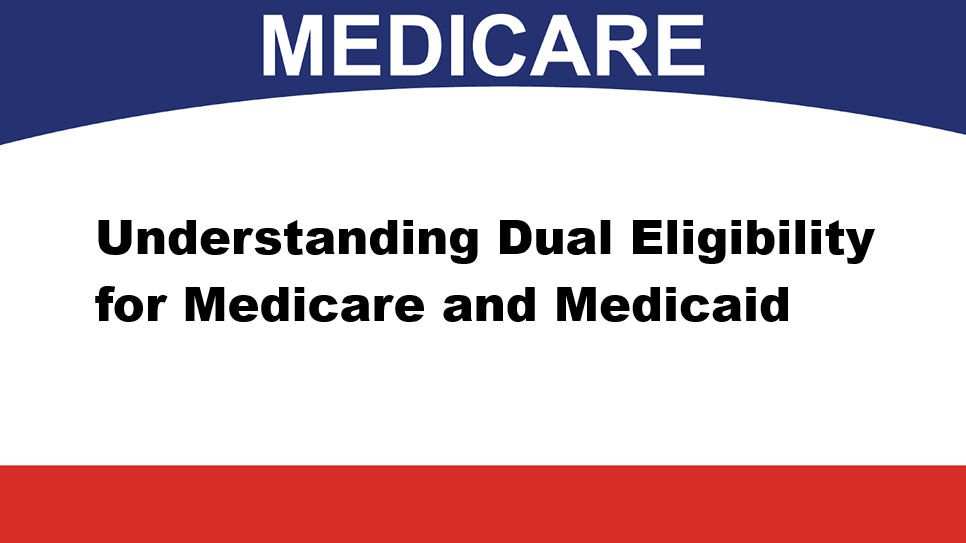
Understanding Dual Eligibility for Medicare and Medicaid
Dual eligibility is a term used to describe individuals who qualify for both Medicare and Medicaid, providing them with extensive healthcare coverage and financial assistance. This combination is particularly beneficial for low-income seniors and people with disabilities, ensuring they receive comprehensive healthcare services without overwhelming costs.
Read More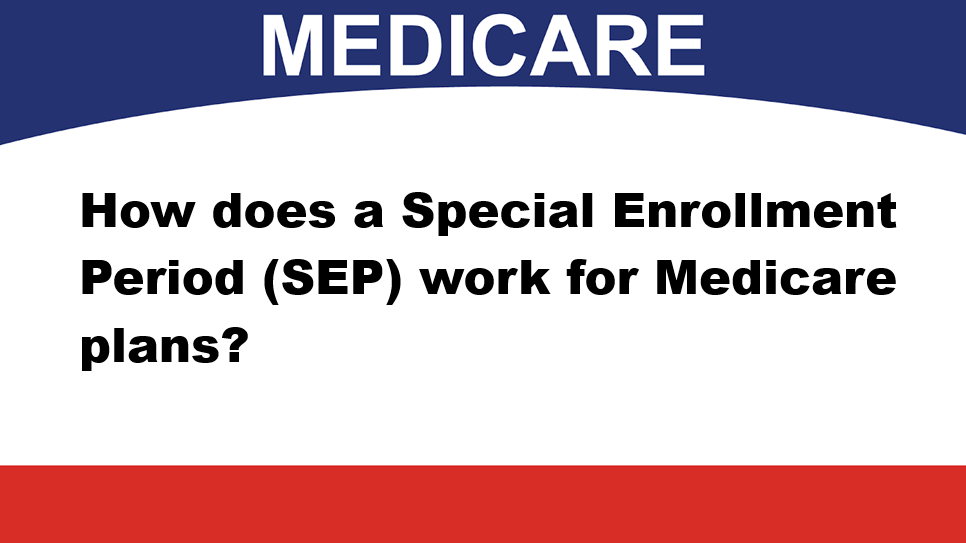
How does a Special Enrollment Period (SEP) work for Medicare plans?
The Medicare Special Enrollment Period (SEP) offers flexibility for individuals who experience specific life events that allow them to make changes to their Medicare Advantage or Part D plans outside the standard enrollment periods. Unlike the general Medicare enrollment windows, such as the Annual Enrollment Period (AEP), which have fixed dates, the SEP is triggered by qualifying life changes.
Read More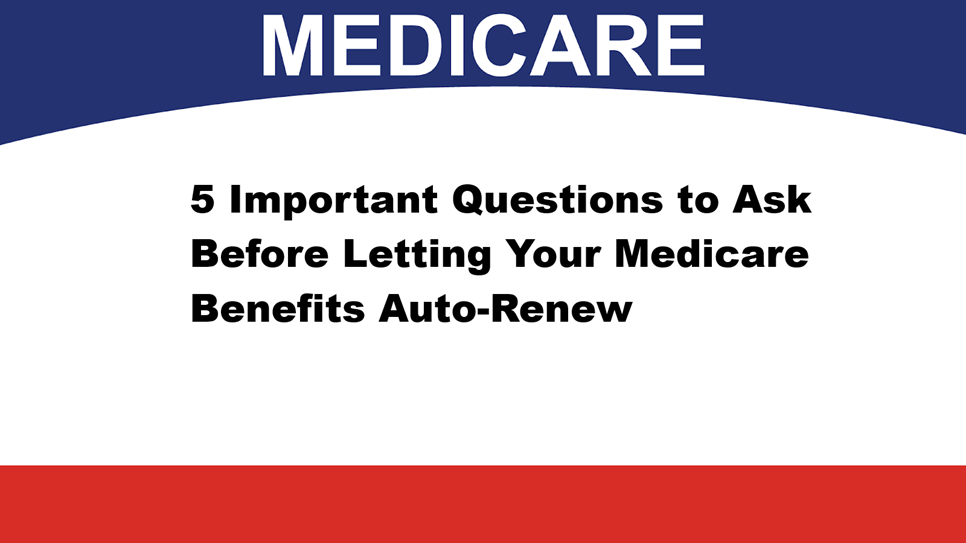
5 Important Questions to Ask Before Letting Your Medicare Benefits Auto-Renew
Before letting your Medicare benefits auto-renew, it’s important to review your current plan to ensure it continues to meet your needs. HealthMarkets outlines five essential questions to ask before allowing your Medicare plan to renew automatically.
Read More
How Much Does Medicare Cost? A Comprehensive Breakdown
Medicare provides critical health insurance for millions of Americans, particularly those aged 65 and older. However, understanding the various costs associated with Medicare can be confusing. While some parts of Medicare have standard premiums, others depend on factors like income, plan choices, and healthcare usage. Here’s a detailed guide to help you understand what you can expect to pay for Medicare in 2024.
Read More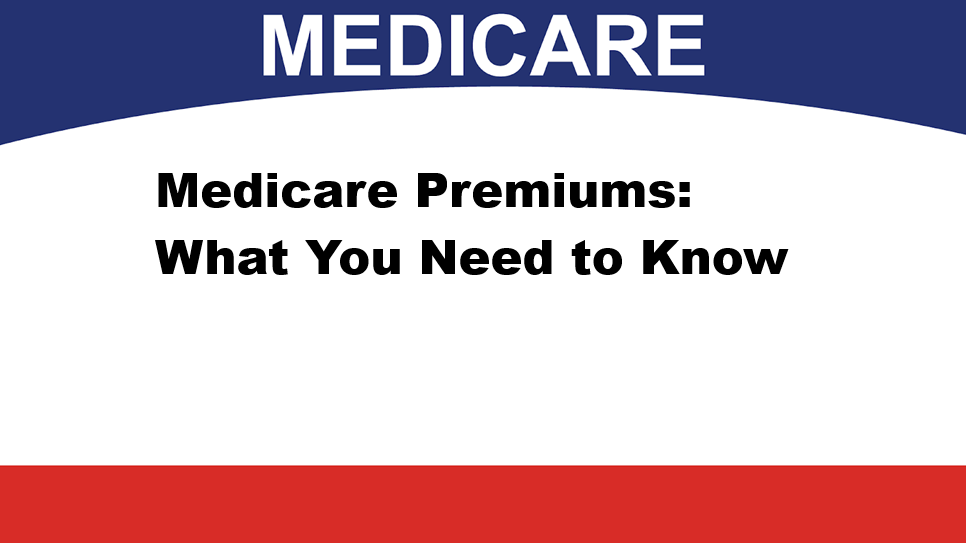
Medicare Premiums: What You Need to Know
When it comes to Medicare, understanding your costs is key to planning for healthcare expenses. One of the most important factors to consider is Medicare premiums—the monthly payments you’ll need to make to maintain your Medicare coverage. Here’s a breakdown of what you need to know about the different Medicare premiums and how they might affect you.
Read More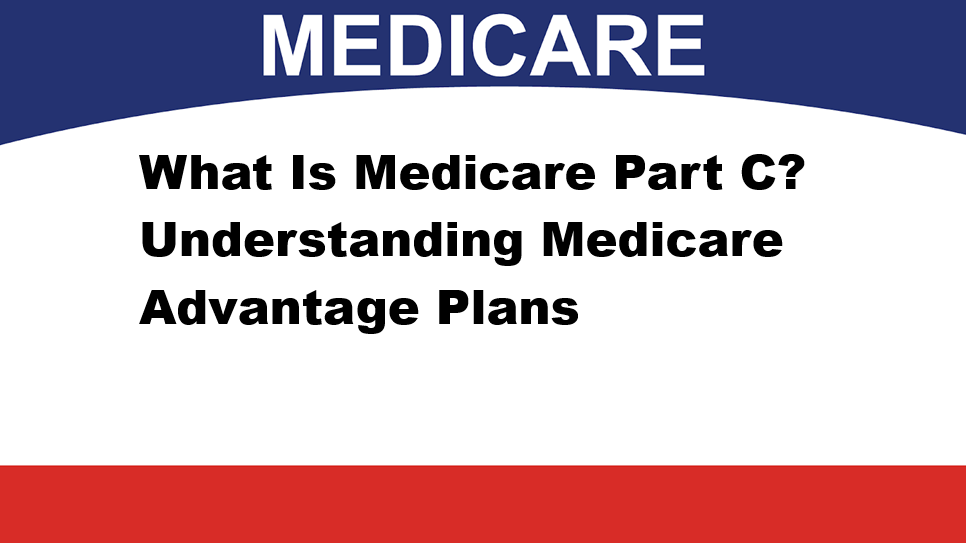
What Is Medicare Part C? Understanding Medicare Advantage Plans
Medicare Part C, more commonly known as Medicare Advantage, offers an alternative way to receive your Medicare benefits. Unlike Original Medicare, which is administered directly by the federal government, Medicare Advantage plans are provided by private insurance companies approved by Medicare. These plans bundle Medicare Part A (hospital insurance) and Medicare Part B (medical insurance) into one, and often include additional benefits.
Read More